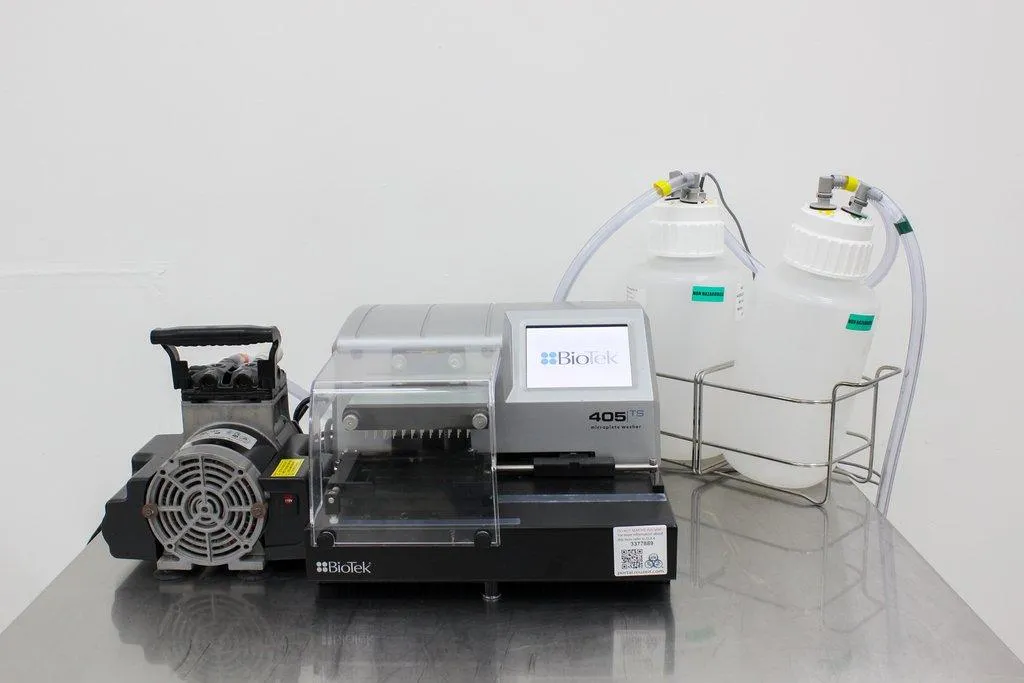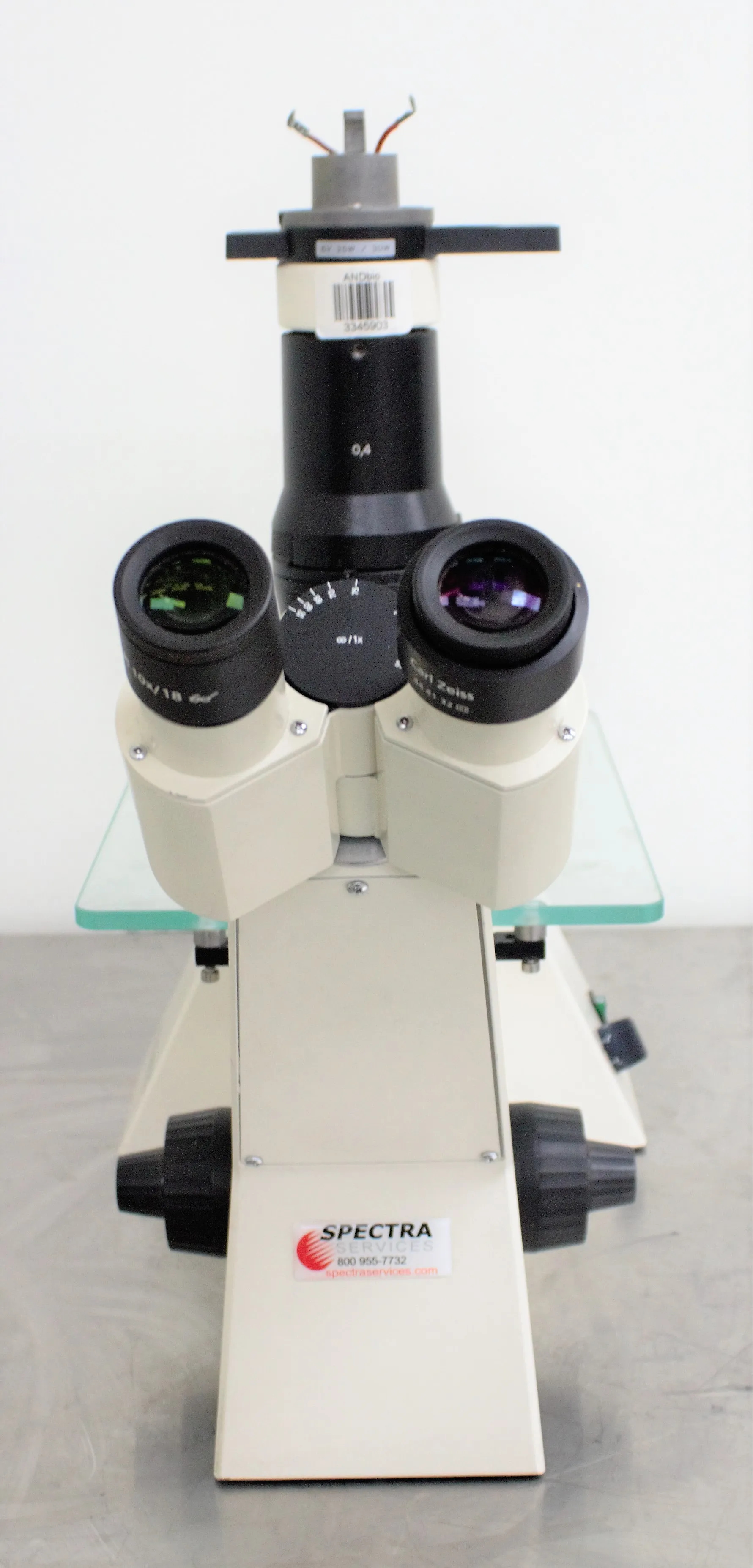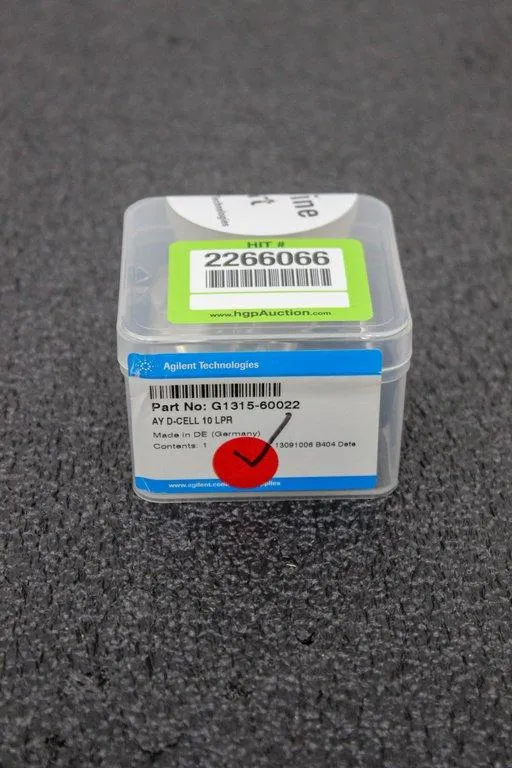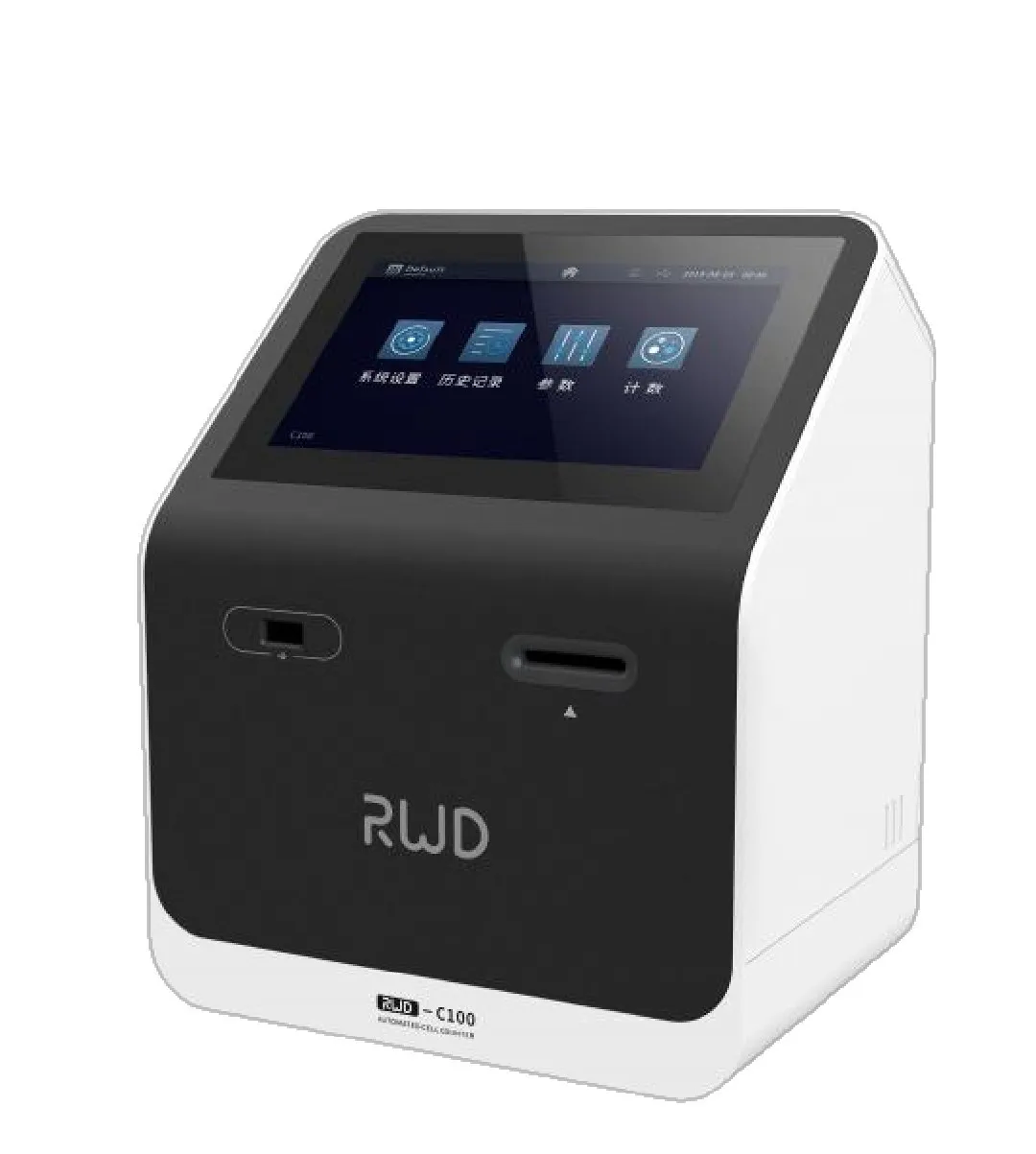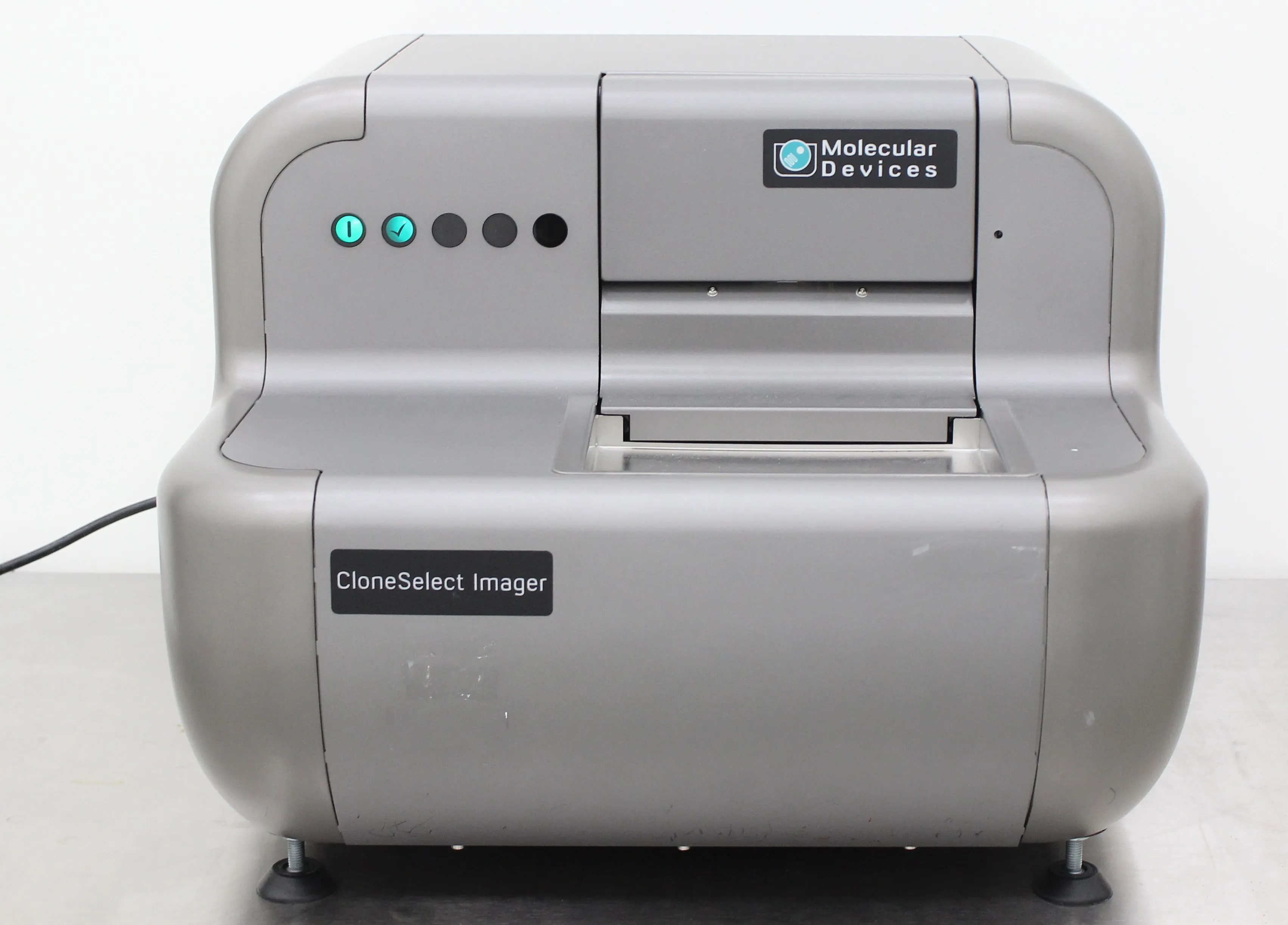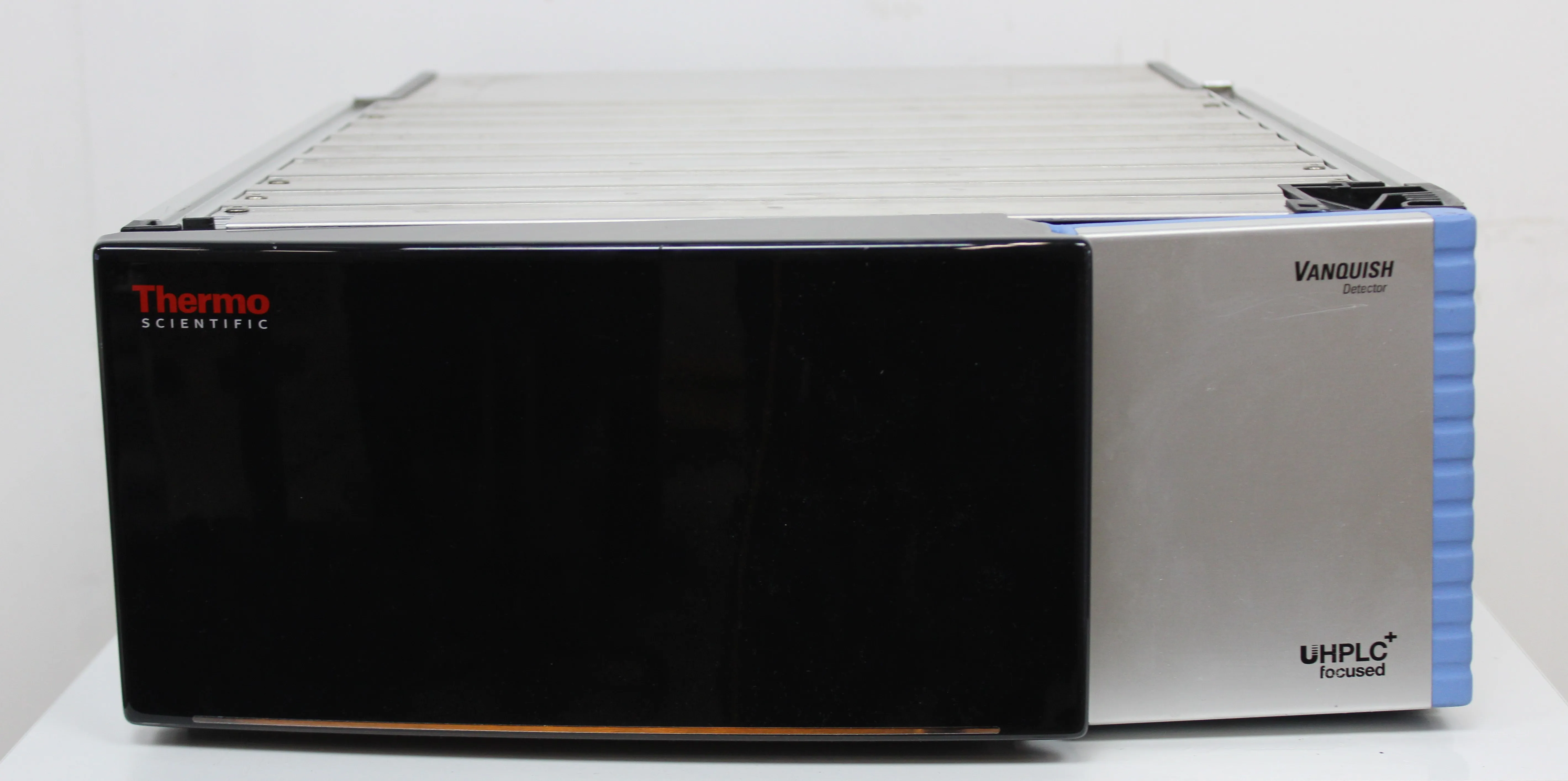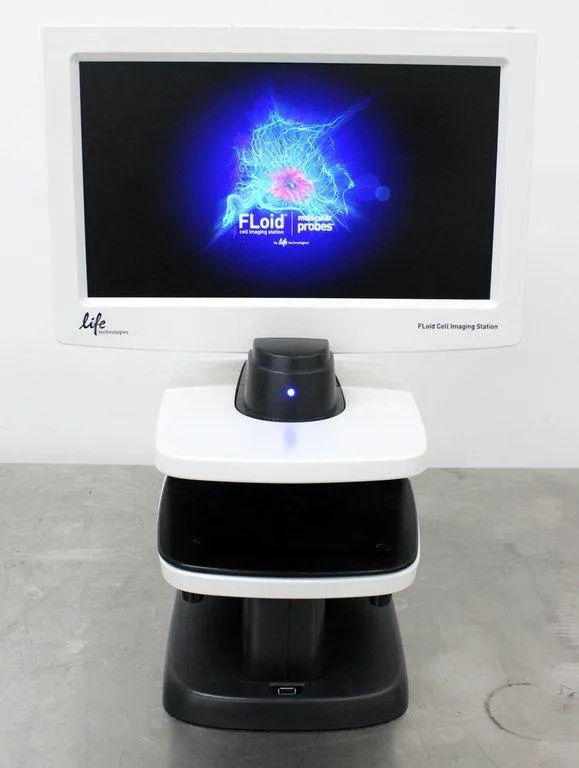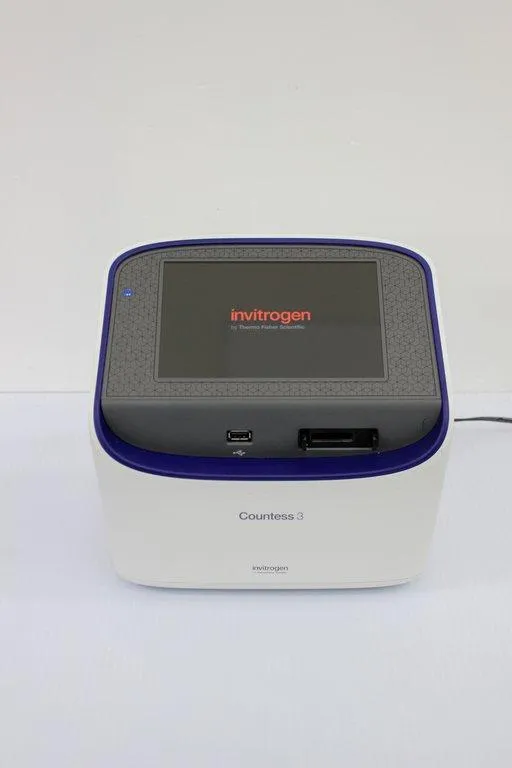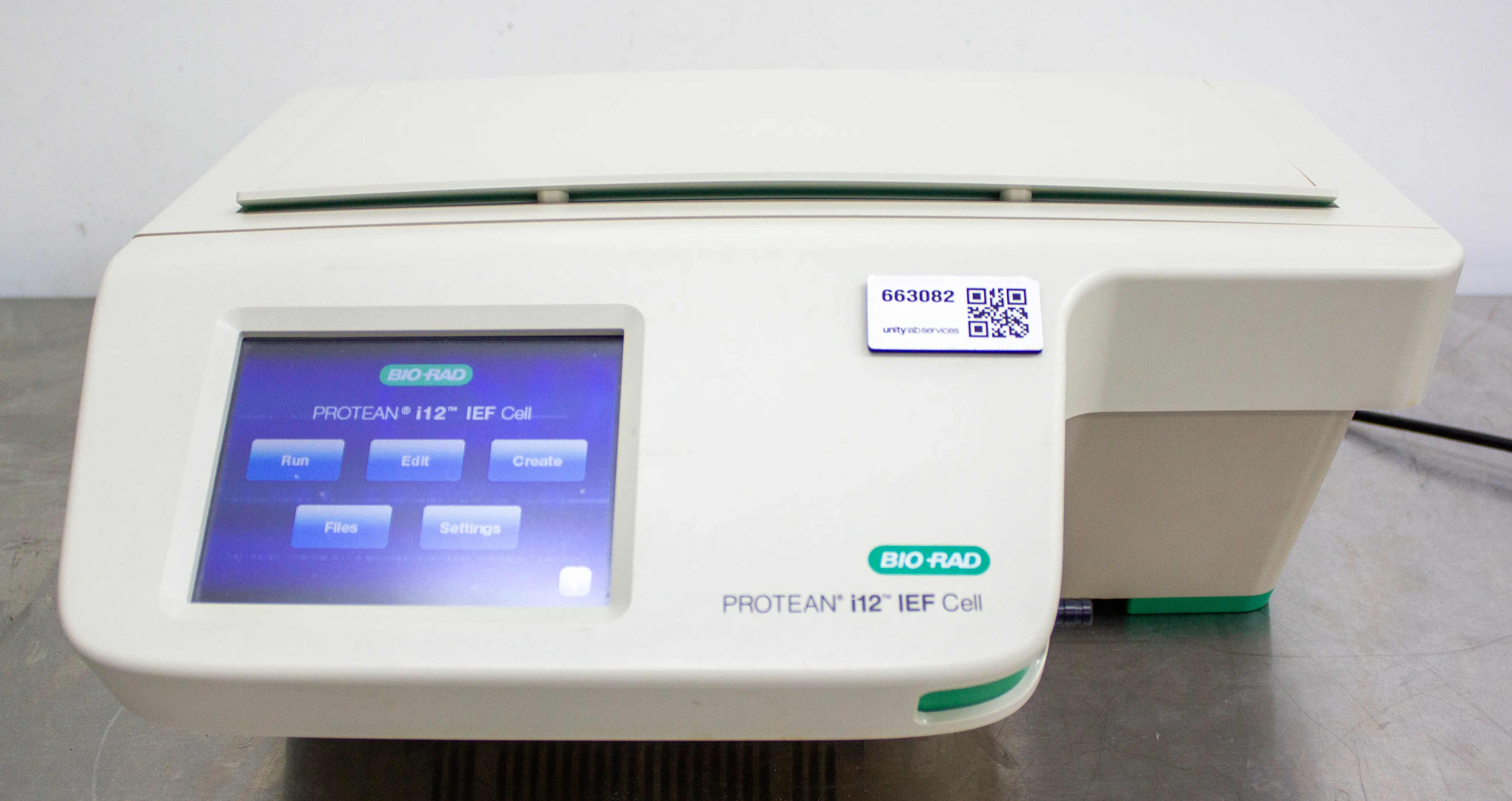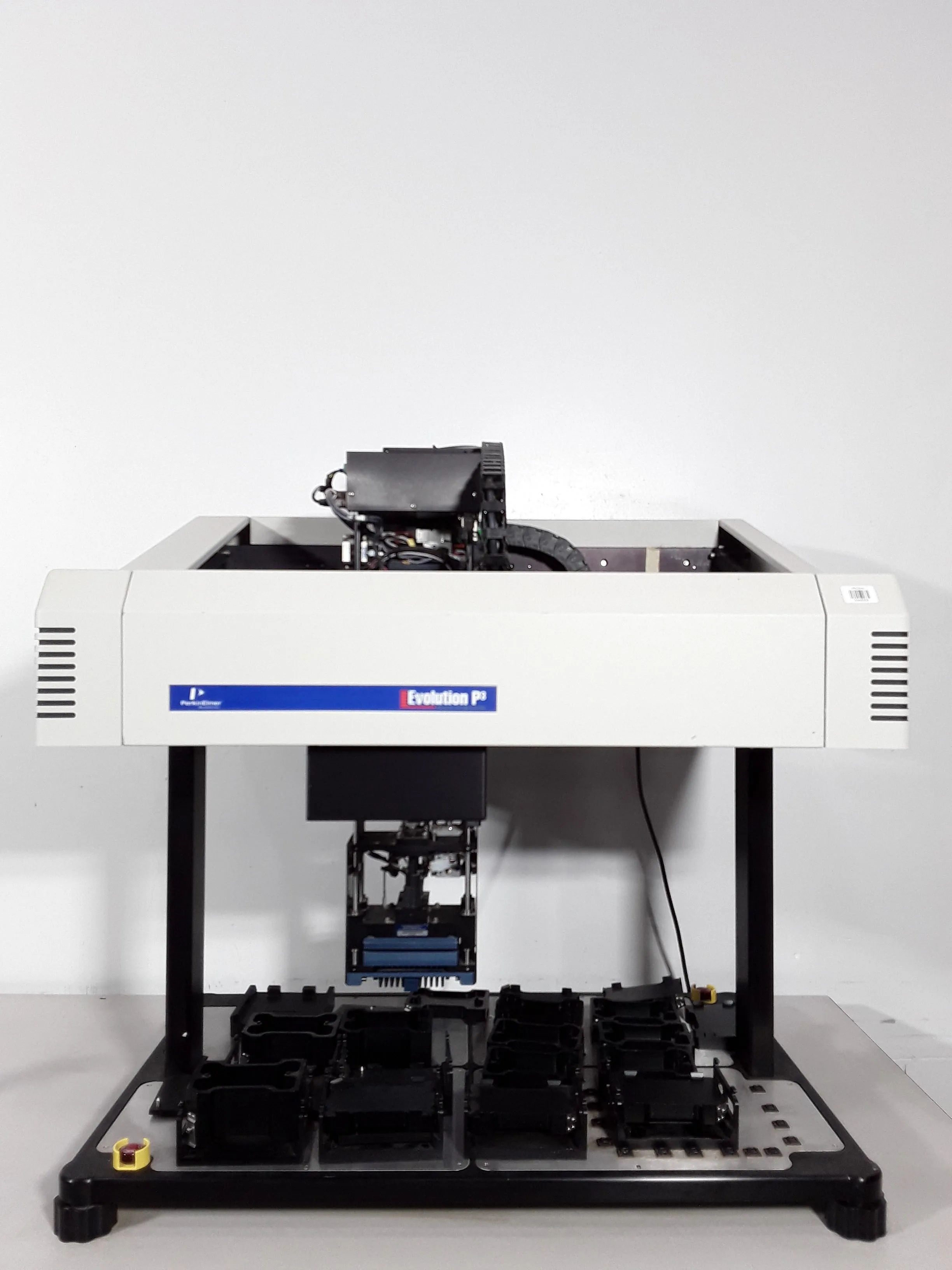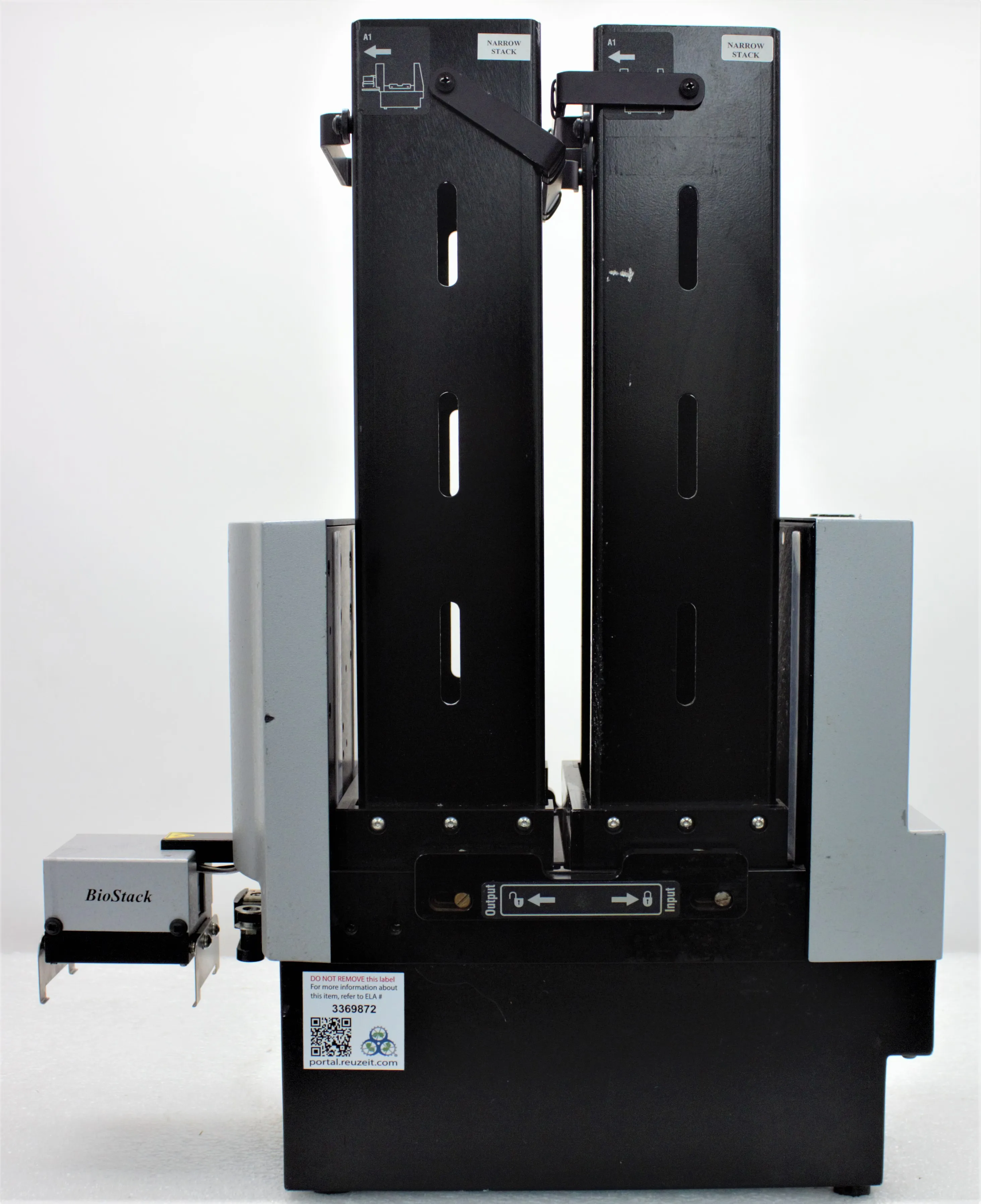Cell Analysis instruments are essential tools for investigating cellular behavior, characteristics, and interactions in laboratory settings. Widely used in drug discovery, cancer research, immunology, and stem cell research, these devices—such as flow cytometers, cell counters, and live-cell imaging systems—provide valuable insights into cellular processes.
Our marketplace offers a broad selection of new, used, and refurbished cell analysis equipment from top manufacturers like BD Biosciences, Thermo Fisher Scientific, and Beckman Coulter. Explore our offerings for direct purchase or submit a quote request to connect with reputable vendors.
